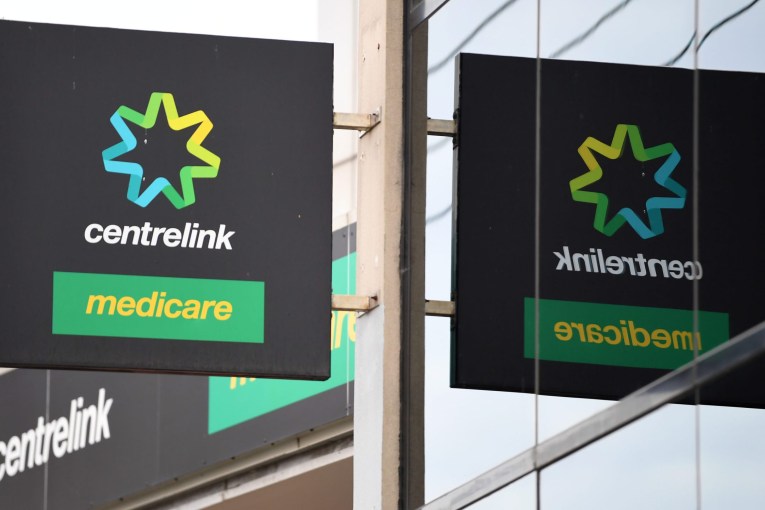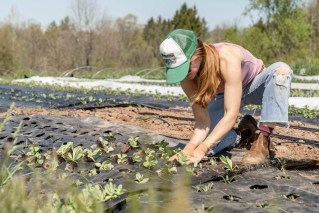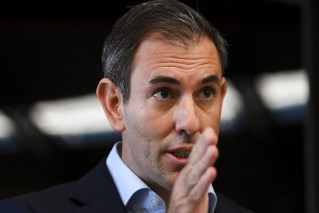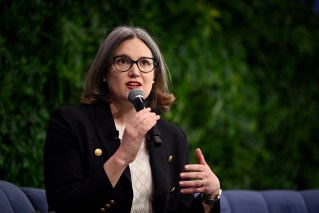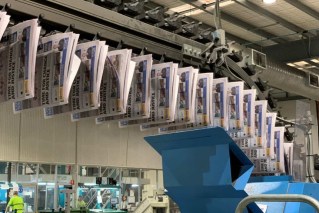If you see a head, kick it – Coast mayor’s take-no-prisoners recovery plan
Tourism is on its knees and tempers are high over when state borders may open, but the Gold Coast is talking up its economic recovery to the cost of interstate rivals, writes Katrina Beikoff.

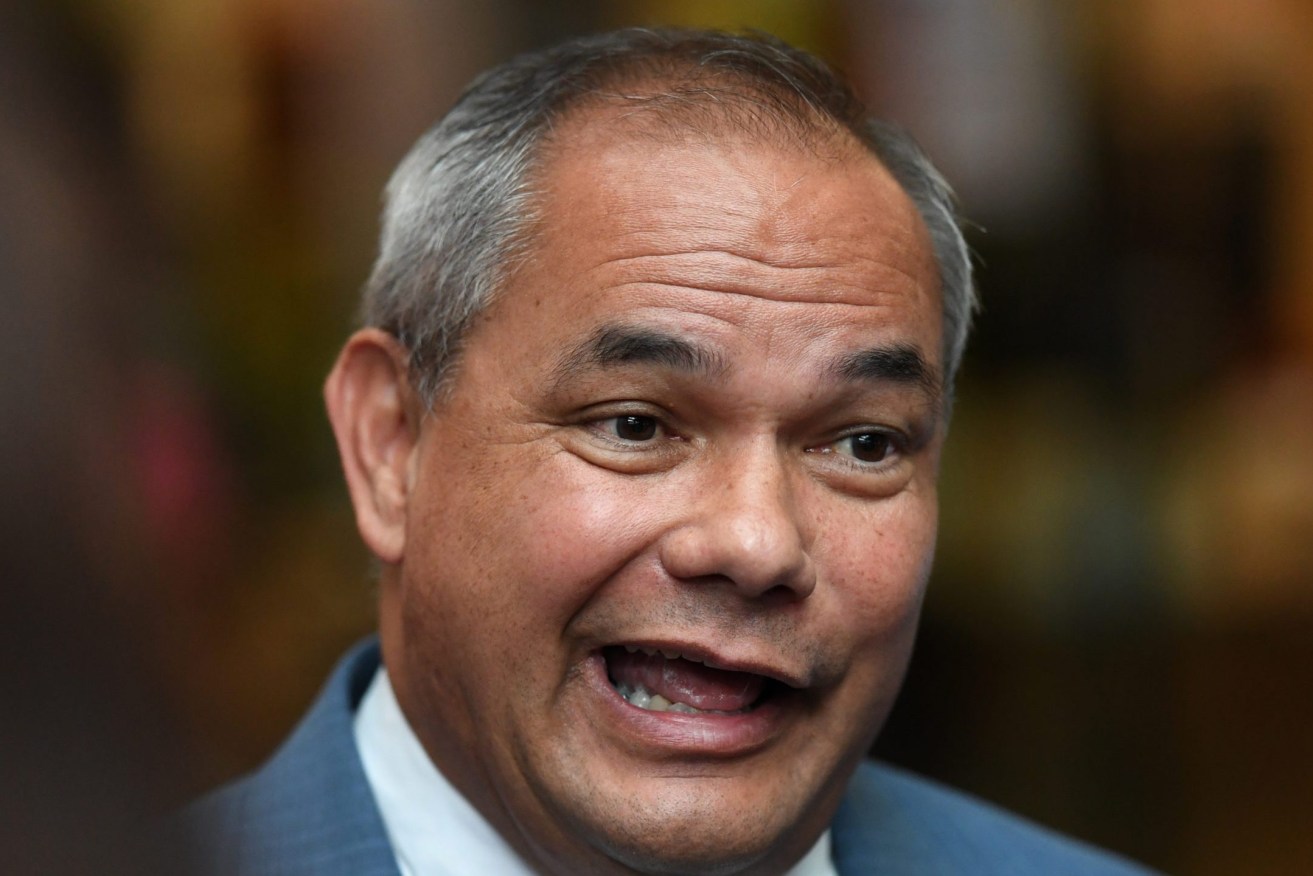
Gold Coast Mayor Tom Tate. (AAP Image/Dan Peled)
The stoush over when Queensland will open its border and welcome a wave of domestic tourists has dominated headlines, with tourism chiefs claiming the uncertainty is further devastating an already crippled tourism industry.
Gold Coast tourism bosses say the coronavirus-related travel restrictions have shattered the city’s economy and could cost the Gold Coast an extra $500 million if the border remains shut until September instead of the anticipated opening in July. But Gold Coast Mayor Tom Tate remains bullish about the region’s economic recovery.
In the face of immense political and industry pressure, Queensland Premier Annastacia Palaszczuk this week doubled down on her refusal, based on medical advice, to unlock the Queensland shutdown and welcome NSW and Victorian tourists to the Sunshine State for the school holidays.
Delaying that opening to September would, according to Destination Gold Coast CEO Annaliese Battista, add a further $500 million to the losses being suffered by the Gold Coast’s chief industry. This would be on top of the existing hit in the order of $4 billion to Gold Coast tourism, she said.
Painting a distressing picture of the enormity of the economic damage to the city, Gold Coast hotel occupancy rates released this week were a shockingly low 4 per cent, compared to normal expectations around this time of year around 85 per cent.
But amid the catastrophic tourism results, Gold Coast Mayor Tom Tate said the tourism capital could seize opportunities across economic sectors.
“I think COVID-19 has balanced the competition,” he told InQueensland.
“What I mean by that is Sydney and Melbourne have been hit harder by COVID-19 than the Gold Coast has. We are a lot more nimble and I think that economically the Gold Coast will bounce back quicker and with more agility than Melbourne or Sydney. What does that mean? It means that we’ll have more share of the market in those different economies on the Gold Coast.”
Recovery of the Gold Coast, more than any other city, would be led by its dominant industry of tourism, he said.
But it was a chance to further broaden the Gold Coast’s economic base – including the education sector, medical research, major events and small business – also to the cost of cities such as Sydney and Melbourne.
“I hope they focus heavily on tourism and spend all the money there while we broaden our economy and take a better market share in all those other sectors.
“I believe that every dollar we spend in tourism I can see that other destinations will have to spend much more than that to compete with us.”
Tate said he had no qualms bolstering the Gold Coast’s recovery at the expense of other cities or states.
“I’m not uncomfortable about this at all. In the world of competition, whether it be sport or business or any sphere, if there’s an opportunity because somebody is stumbling, you go hard. You take your shot, that’s just human endeavour. I lead the city and if I see an opportunity or a gap, I put the accelerator on.”
Tate said he anticipated immense growth in the city’s medical and research economy.
The medical sector when combined with education, which injected around $3.5 billion into the Gold Coast economy annually, already outstripped tourism on the Gold Coast, he said.
“I think our medical economy will grow. Everyone is putting so much research money into vaccines.
“What’s the edge for us? It’s the Health and Knowledge Precinct that we have we have and the infrastructure like the Gold Coast University Hospital and Griffith University (Clinical Trial Unit), it’s just a natural progression now to have more research and more medical buildings going up.”
Study Gold Coast CEO Alfred Slogrove said the Coast’s education sector was also poised to increase its market share, bolstering its economic input to the city.
Rather than southern capitals, he said London and New York were firmly in the city’s sights.
The UK and the US were still clocking high numbers of new cases while Queensland was recognised as a COVID-19 safe zone and could potentially be open to students semesters earlier, he said.
And for international students wanting to come to Australia, the Gold Coast had it over Melbourne or Sydney due to the city’s new classification as regional. It meant students who studied at the Gold Coast qualified for three years of post-study work rights compared to two years if they studied in Melbourne or Sydney.
“We’re very quickly becoming an in-demand location for international students,” Slogrove said.
But it’s the money set aside in the Gold Coast June 22 city budget for a raid on Australian major events from Sydney and Melbourne that is most likely to pour fuel on already testy interstate relations.
Movies that were set to filmed or produced in Sydney or Melbourne top the Gold Coast’s hit list, along with music and cultural events that had been scheduled for those cities.
Tate said while tourism remained the lifeblood of the Gold Coast, COVID-19 was an opportunity for the Gold Coast to diversify its economic base.
“We want to broaden our economy because, for the next generation, we want to give them the choice and opportunity to work and live here.
“In the past, people who were going into areas other than tourism or construction literally had to relocate to Brisbane or go to Sydney and Melbourne and that’s a brain drain. We can reverse that.”
This article is supported by the Judith Neilson Institute for Journalism and Ideas

